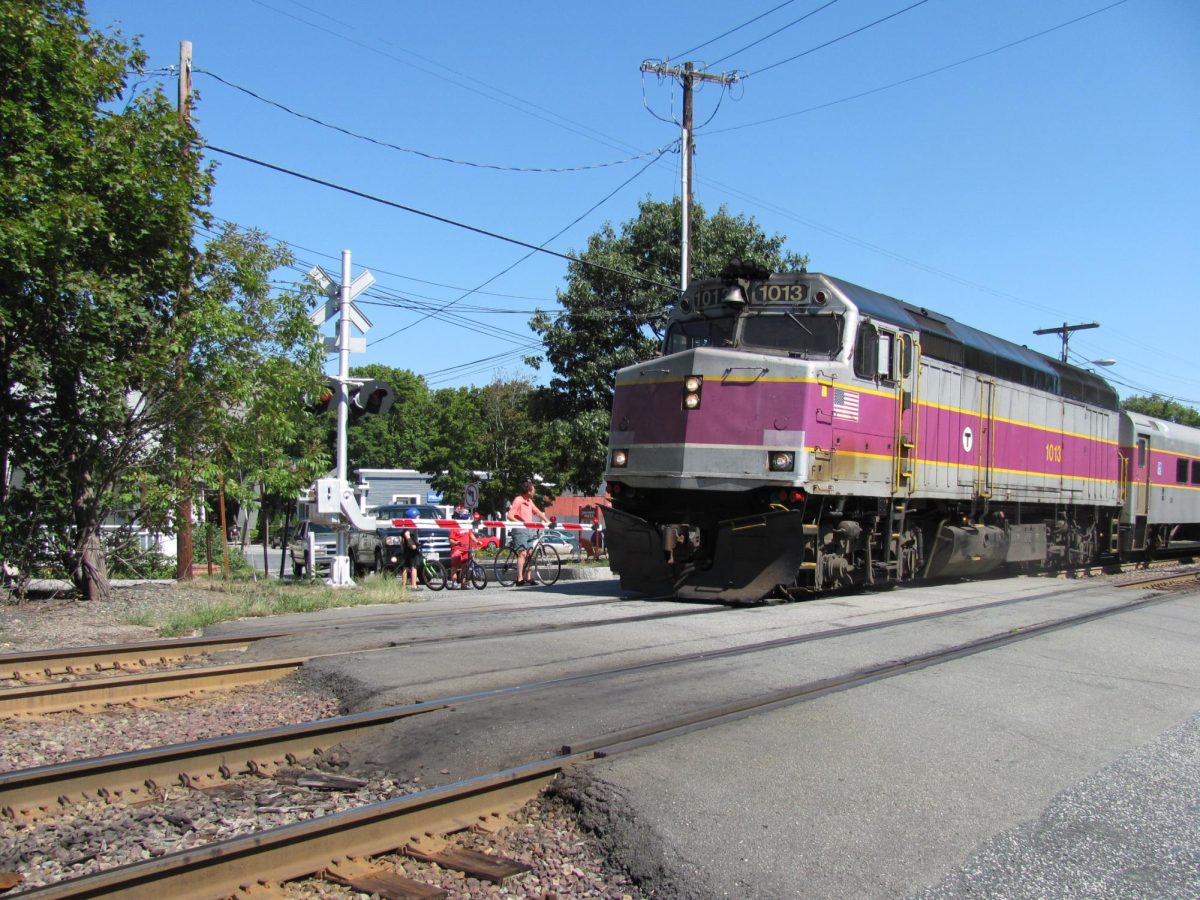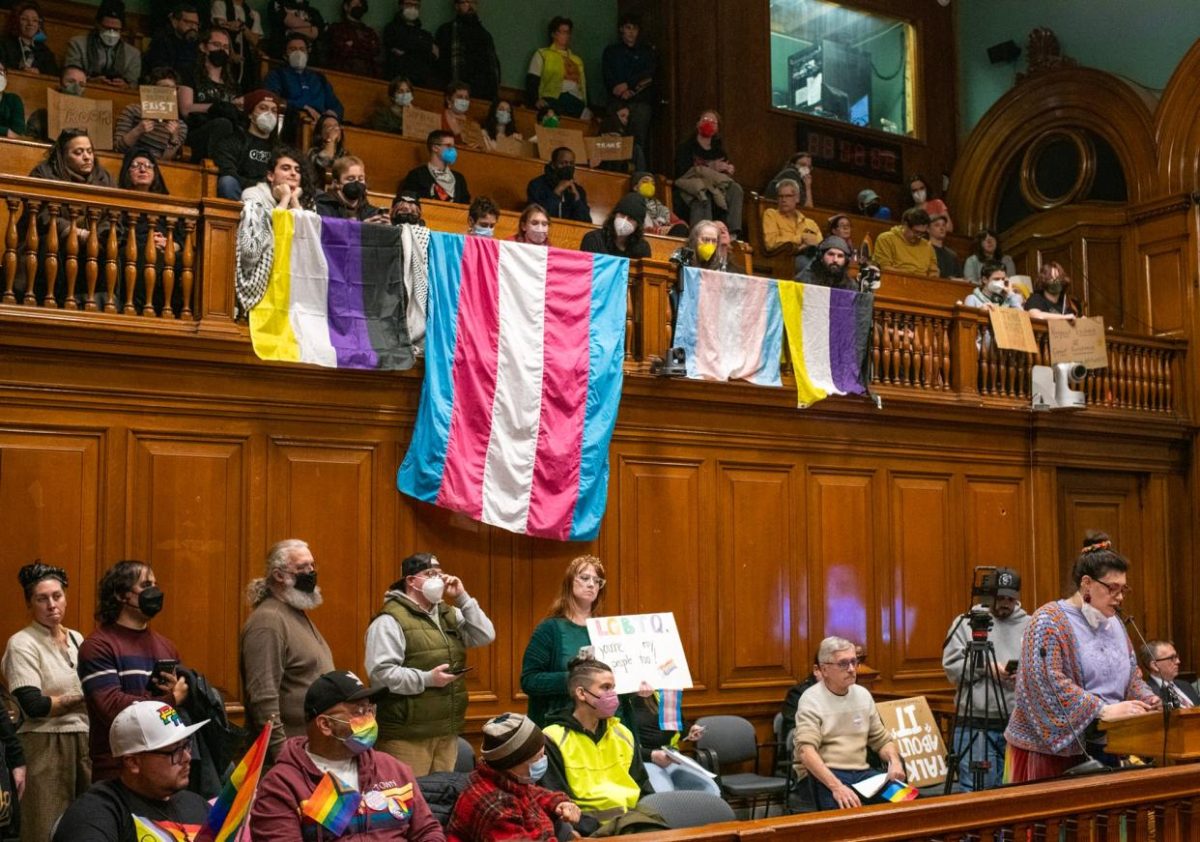Taking the Massachusetts Bay Transportation Authority (MBTA) commuter rail from Worcester to its final destination in Boston takes an hour and thirty-five minutes when stopping at every station along the line. Since 2016, a “heart-to-hub” service has run an express morning and afternoon train for commuters which only stops in Worcester, Framingham, and three Boston stations, for a trip that is around an hour and five minutes long. On Oct. 2, the commuter rail’s fall schedule went into effect, replacing the express train with one that makes five additional stops bringing the travel time to just under an hour and a half.
At a Worcester City Council meeting on Sept. 26, several city council members noted that in prior discussions with the MBTA, it seemed as though they had been willing to expand train service to Worcester and gave no notice that it would be removing the heart-to-hub train. Several affirmed their commitment to asking for this decision to be paused, but the fall schedule was put in place as planned on Oct. 2. The next commuter rail change will not occur until May 2024.
In larger-scale train service, on Sept. 22, the Massachusetts Department of Transportation (MassDOT) was awarded $108 million in federal funding for east-west rail infrastructure. In collaboration with CSX Corp., the freight railway which owns infrastructure in the area, and Amtrak, who currently operates passenger train service in the area, MassDOT won a grant from the Federal Railroad Administration’s Consolidated Rail Infrastructure and Safety Improvements program.
Currently, Worcester’s Union Station is the farthest west that the MBTA can take you from Boston. Amtrak operates limited service through Boston, Worcester, and Springfield, as well as lines further west to Albany and south to New Haven. The goal of east-west Rail is to provide faster and more reliable passenger rail service going west from Boston, particularly round-trip trains between Boston and Springfield.
MassLive reported that the $108 million dollar grant will be used to improve the 53 miles of trackage between Boston and Springfield; the first planned phase of east-west rail will be two daily trains between Boston, Worcester, and Springfield. The improvements will enable a new speed limit of 80 miles per hour, alongside adding rails for track changes that will reduce conflict with freight train service in the area.
According to Mass.gov, Governor Maura Healey said she was “thrilled” to have received this funding. “From day one, we said our administration was going to compete for an unprecedented level of federal funding opportunities, and I’m proud to say we are delivering on that promise,” Healey said. “We thank the Biden-Harris Administration for their continued historic investments in infrastructure and are grateful for the strong partnership of our federal delegation in promoting public transit and advancing priorities for economic competitiveness.”
Congressman James McGovern agreed that passenger rail is an important priority for the state’s future. “Thanks to President Biden’s Bipartisan Infrastructure Law,” he said, “we are moving full steam ahead toward a future where every corner of our commonwealth and country is plugged into the global economy and every resident of Massachusetts has unprecedented access to reliable, efficient, and interconnected rail service that can take them where they want to go.”


